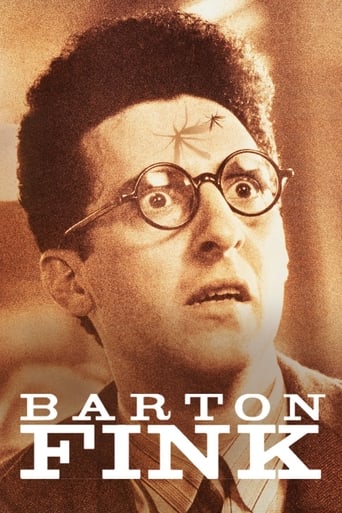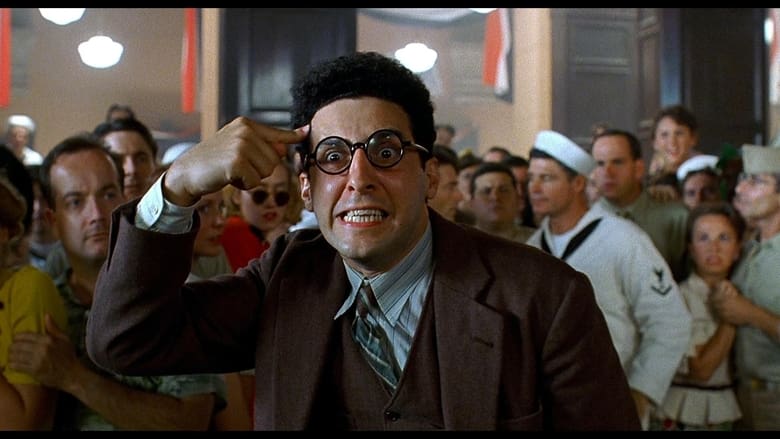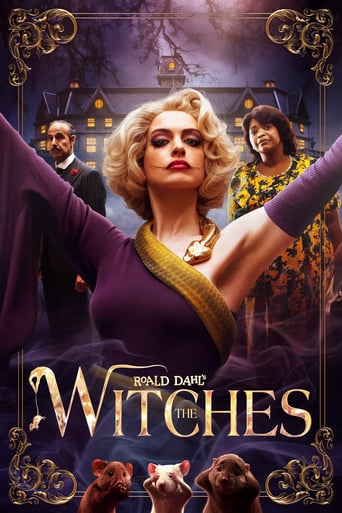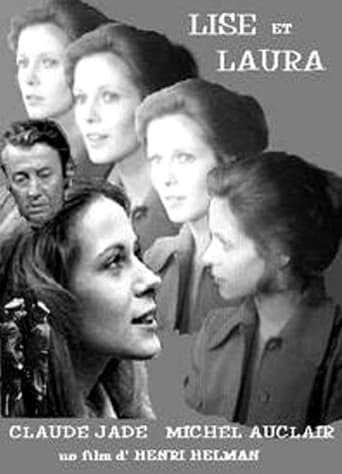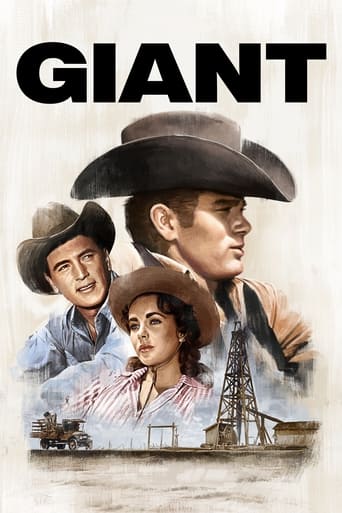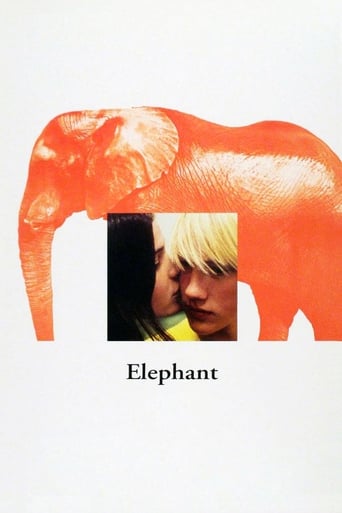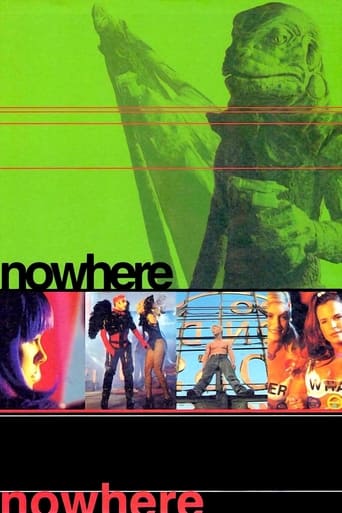Barton Fink (1991)
A renowned New York playwright is enticed to California to write for the movies and discovers the hellish truth of Hollywood.
Watch Trailer
Cast
Similar titles
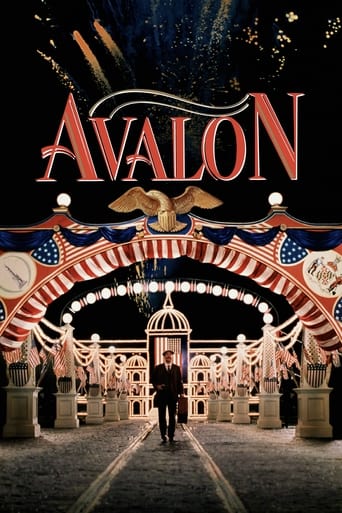

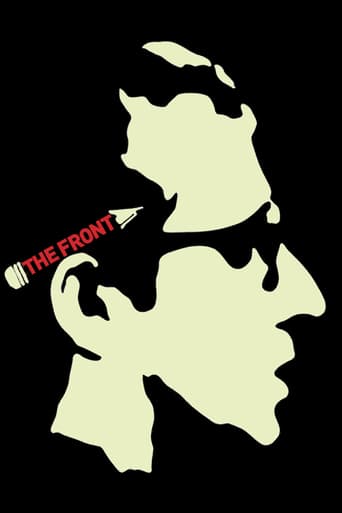

Reviews
That was an excellent one.
Good story, Not enough for a whole film
A lot of perfectly good film show their cards early, establish a unique premise and let the audience explore a topic at a leisurely pace, without much in terms of surprise. this film is not one of those films.
Although I seem to have had higher expectations than I thought, the movie is super entertaining.
Again, this is a very good Coen films. Its a funny, well written comedy about a struggling screenwriter who moves to los angeles. The actors are all great, both convincing and laughable. John Goodmans character is by far the most interesting. The strange hotel staff (including Steve Buscemi) are also very funny. Its also a very original film. My only complaint would be that the jokes are a bit infrequent and dont make you burst out laughing, like in Fargo and Raising Arizona. A good film tough. 8/10
I'm going to try to break this movie's symbolism down. This is just my opinion, you're open to your own of course.Personal Interpretations:Barton Fink: Barton Fink represents a member of the intellectuals, claiming to write and make a difference for something that he doesn't truly understand, the common man. While pursuing self- fulfillment through his medium of art, he ignores his muse (Charlie), writing him off as insignificant. Fink thinks of Charlie amiably but does not take his plight or his perspective seriously, ignoring Charlie's own personal struggles and concerns. Fink acts more and more self-righteously towards the common man the longer he stays in Hollywood, evidenced by his behavior at the USO dance. The Hotel: Fink has descended into hell. By leaving New York City and the theater, he has left his ideals behind him, exchanging them for money by selling his soul to the devil (Hollywood). Evidence of the Hell analogy: Chet's arrival to greet him from a subterranean room, the 666 elevator reference, the ever increasing heat in the rooms, and, of course, the consuming conflagration at the end of the movie. Notice also the broken pencil with the dust outline in his hotel room. This symbolizes that Hollywood is not a place to be writing anything significant, nor has it been for a long time.The Peeling Wallpaper: The walls are a metaphor for Fink's mental stability. As the movie progresses and Fink's life falls apart, more and more often the wallpaper can be seen peeling away. Charlie has ruined Fink's life since the pair's first meeting. Distracting Fink from his work, murdering his lover, killing his "friend" (and possibly family), and getting Fink in trouble with the cops. The wallpaper crumbles like Fink's psyche. The Mosquito: I see this as Hollywood and the work that Fink has been tasked to do sucking him dry of willpower and artistic integrity. The bloodsucking causes him to look ugly to the audience. The film's score (specifically the strings) also sounds very similar to the buzzing of a mosquito. The turning point of the movie is when he kills the mosquito on Audrey's back. It isn't until after Fink kills the mosquito that he is able to write anything he deems meaningful. Whether his script is good or realistically represents the common man is unknown to us but Fink once again has purpose as he writes something for himself, not Hollywood. My guess is his script still doesn't represent the common man since after he completes it, he goes to the dance and still talks down to the military men. This script is more about fulfilling Fink's artistic needs.Charlie: Charlie can be interpreted as having multiple meanings within this film. He seems to be some type of fallen angel, a sinner stuck in hell selling "fire insurance". He tries to help people but all his good intentions are ill-advised as all he causes is trouble wherever he goes. He sees that Fink does not listen to the common man or his plight. He watches as Fink pursues wealth over ideals. He hears as Fink literally gets in bed with Hollywood. Charlie kills Audrey. Fink has abandoned Charlie in favor of a new muse (Audrey) by asking her for help with the common man's story instead of listening to Charlie the common man. He had abandoned who he has sworn to write about. Charlie kills Audrey and Mayhew as both a punishment and a lesson for Fink about what selling your soul to the devil will get you. They represent Hollywood over the common man. All Charlie wants is for someone to represent him, the common man. Charlie also represents the rise of fascism at that period of time. You could argue that he represents Hitler's regime. It was something that many people considered harmless at first (Fink's initial impression) that slowly got grimmer and grimmer with time. Many intellectuals of the time just couldn't understand why fascism could be so appealing to the common man. Notice once again how Fink writes Charlie and the common man off, not listening to his ideas or stories. Fascism had a certain allure to the common man that the intellectuals ignored and refused to understand, costing people dearly. The Detectives: It's important to note that the detectives' names are Mastrionotti & Deutsch, stereotypical Italian and German names, respectively. These two, who Fink refers to also as "common men", further the allegory of common men under Fascist regimes. The two read Fink's script, not understanding it or particularly caring for it. The two also frown upon Fink's Jewish heritage at one point. This metaphor gets a little hazy since Charlie kills them both. I'm not exactly sure of its significance. The Picture and the Box: Throughout the movie, Fink's eyes are drawn to a picture on his hotel wall. It shows an ocean and a girl, the blue water juxtaposing his current position in hell. This represents his artistic ideals, just a snapshot but not readily attainable to him. Notice as he often looks at it familiarly, as if he's seen it somewhere. At one point, he hangs Charlie's picture in the corner of the frame in an attempt to possibly gain better understanding of the common man. At the end of the movie when the picture is recreated in front of him, Fink is experiencing enlightenment. Has Fink finally regained his moralistic ideals after denying Hollywood the script they wanted? Charlie has given him the box which belongs neither to Charlie nor Fink. It is the box representing the plight of the common man. When the lady asks if it's his, Fink replies that he doesn't know. Fink must decide whether he wants to actually take up the plight of the common man or continue to write shallow artistic pieces about the common man that only please the upper class.
Barton Fink is an odd fellow. An intellectual and socially limited author who is struggling to make it in the world, he moves into a hotel to try to get some serious work done as a script writer. He befriends a number of people, one of them a large and gregarious man (played by John Goodman) who makes a comic juxtaposition to Barton's frail and nebbish disposition. While trying to get work done, Barton has a number of encounters with his new friends. Eventually events lead to strange occurrences and Barton's friends turn out to be not what they seem, in a disturbing way.The film is interesting and pretty self-contained, but it's weirdness seems to outweigh any plot development or interesting depth. The result is something that just makes you feel strange watching it.So, maybe not my favorite C. Bro film but not bad, and worth watching if you are fan of their films.
Barton Fink is a writer who claims to represent the common man. Turturro, at first, presents a rather meek and uninspiring portrait. When his latest play opens to critical success and a round of applause, he slinks away backstage, blinking nervously. And when he gets the big call from Hollywood, he pretends, just for a second, that he has better and more important things to write and do. How often that much can be gleamed from an initial outburst of indignation. Then he accepts anyway, but compromises by staying, not in a pristine Californian mansion, but in a modest, mostly empty hotel. He has convinced himself that it is here where he will find and embrace the common man, and write for them. In Hollywood, no less. His lack of awareness contains a hint of irony, and more dangerously, a solid dose of self importance. This hotel is magnificent in all its grimy splendour. Some have commented that it is a metaphor for the writer's mind, constantly in chaos. There are only ever two other characters that appear in its rooms. So Barton is constantly haunted by these rogue noises, but they do not appear to have a source except from his own room - the noisy wrestling with Charlie, the sex with Audrey, the buzzing of the mosquito. Deakins has created such a vivid image with his lighting - the ray of sunlight ala Edward Hopper that simultaneously brings the room alive, but in a dull sort of way as if the frame is a postcard portrait of a faded painting. The yellow-greens that stick to the walls suggest a heavy, putrid atmosphere where creativity and inspiration come to die. The little postcard painting on the wall is the only exterior outlet in the room, but although the camera slowly zooms until the frame is fully enveloped, it offers no solace from isolation and confinement. The wallpaper is sticky with humidity and dripping like Charlie's ear, and as it peels itself off with a speed that seems accelerated by Barton's paranoia, he hastily pats it back down. He doesn't look for meaning or understanding, but convinces himself that these are the conditions to pen his common man masterpiece.The common man is of course Goodman's Charlie, whom he plays with a rotund, jovial manner that is instantly approachable, even for a recluse such as Barton. In a Coen twist, he is serial killer, but this does not seem to dilute his message. In fact, it heightens all his intricacies and experiences on the road. He comes hands full into his room with the miracles and stories of the common man, and Barton listens, without particularly much thought, and rattles on pretentiously about his own magnum opus. Earlier on, he calls to complain, but shrinks instantly when confronted with an accusation. Meanwhile his whole career is seemingly falling away beside him in disarray; the studio executive talks at a hundred miles an hour about a love interest and raising a young orphan, his idol has been consumed by Hollywood and outed as a semi-fraud, and he is suffering from writer's block. The Coens characterise this with these hauntingly slow zooms which bore into the object they are targeting; a terrified glance at the ringing telephone, taking us into and through the typewriter and wall-plaster, as a mosquito's spiralling descent finds blood to feast on, and as Audrey and he has sex, burrowing down the sinkhole. And twice, we get extreme closeups of keys clacking, before the reveal is of a secretary typing away, not our famed writer. There is another interpretation that bears merit. Fink's Jewishness, and in turn the Coens' own roots, are repeatedly stamped upon and dismissed. At an impasse in his all important career, he sells out but continues to stuff his ears and convince himself that he is the champion of the common man, all whilst Hollywood is booming and quite ironically, becoming what the common man flocks to see. Clearly, he should have stayed a playwright. In 1941, even as the boss dresses up in military uniform and berates his lack of social awareness and the predicament of the war-front, he continues writing what is to be a never seen piece of work. Do we ever see more than the opening lines of his typewriter? Do we hear more than the closing lines of his critically acclaimed stage-play? When he finally hits that epiphany, he goes and celebrates with the common man, and is assaulted with a cacophony of jeers and insults and seems shocked that he is not revered for his work. He ends up wandering on the beach front. This is not a faded painting, this is the picturesque ocean and sand in all its beauty. And a girl, too. "Are you in pictures?" he ventures. He is so out of touch with the common man that when he is confronted with a common woman, he is completely entranced by her beauty. It has to be something that Hollywood has snapped up, does it not? Barton is not as pathetically despicable as Jerry in Fargo, nor is he as pitiful as the self- loathing, mentally-blocked Charlie Kaufman. But he is eternally perplexed. He has penned a masterpiece. Where is the standing ovation?
